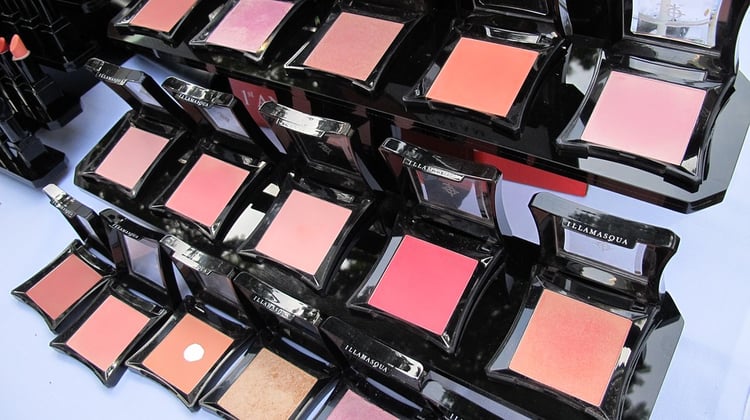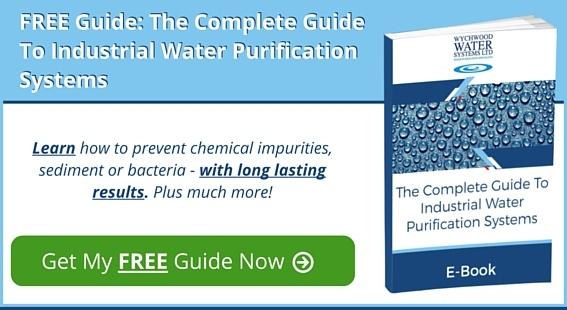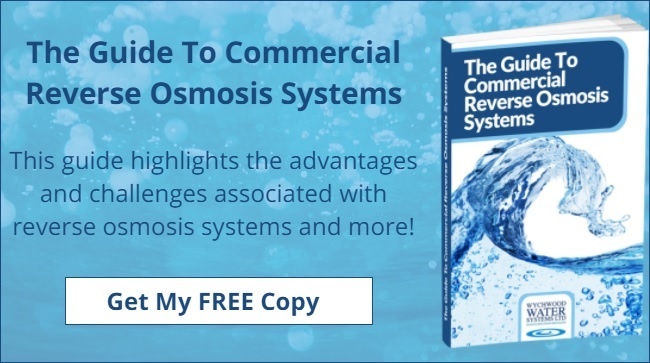
The quality of the water used in manufacturing cosmetic products is absolutely crucial, especially if you are producing for the export market. Many cosmetic products begin as concentrations which must be watered down before being placed into packaging, so that chemical reactions can be avoided. Also, water used in the cosmetics industry must be as pure as possible, so as to prevent the proliferation of bacteria.
All British cosmetic companies have to comply with UK and EU manufacturing quality regulations. However, if you sell your products to the USA you also need to comply with standards set out by the US Food and Drug Administration (FDA). Under this legislation, water is considered to be a raw material in the cosmetics manufacturing process.
Steps For FDA Water Standards Compliance
There are general FDA water requirements for raw materials used in cosmetics production. All water needs to be stored and handled in such a way as to prevent errors in selection and use, chemical or biological (micro-organism) contamination and degradation.
Any storage of water needs to occur in a closed container that is stored away from the manufacturing facility’s floor and clearly marked with what it is, its lot number and control status; which will either be release or quarantine.
Water used in cosmetics manufacture will need to undergo regular testing to ensure compliance with FDA regulations, as well as ensure there is no contamination from micro-organisms or minerals. It also needs to be properly controlled and identified so as to ensure that all water used meets all specifications.
Specific Standards
The first thing to determine is whether or not the water being used is being used ‘as is’ or is being treated in some way prior to use. The quality of the water used will depend on the type of cosmetic, but all water will need to undergo regular testing to ensure its purity.
The system that supplies water for the purposes of cosmetic production must also be installed and maintained in such a way as to avoid stagnation and reduce as much contamination risk as possible.
Deionisation is the process typically used in the cosmetics industry to purify water.
Effective Contaminant Removal
Deionisation allows a wide range of mineral contaminants to be removed from water used in the cosmetics industry. This chemical purification process sees water being treated in two ways using two chemical resins; one containing negatively-charged cations, and the other positively-charged anions.
Each resin contains caustic soda and hydrochloric acid. The deionisation process is one that industries have been using for decades. However, the use of these chemicals may not be ideal for your cosmetic application. Where this is the case, continuous electro-deionisation (CDI) can be the solution.
CDI doesn’t use chemicals to purify water; instead, charged cathodes are used to attract impurities. The result of CDI is that treated water contains no organic or inorganic impurities. However, when using this treatment method, pre-treatment in some form is required in order to ensure the sterility of the water.
Avoiding Threats To Compliance With FDA Water Requirements
Any system used for the treatment of water must be disinfected on a regular basis. Without this, water will become rife with all manner of micro-organisms. If left unchecked, this contamination can effectively shut down any cosmetics manufacturing operation in order for microbiological water testing and complete system disinfection to take place.
Microbiological growth can happen for any reason. This is why complete monitoring and adherence to good practice are so important. The temperature of your system should never drop below 65°C, or else it will become an ideal breeding ground for bacteria. As well, all systems that deliver water either for treatment or manufacture should be routinely checked for anything which could cause the entry of bacteria.
At the end of the day, the best way to avoid non-compliance with FDA regulations is to ensure that a regular maintenance and inspection schedule is in place. This schedule should include regular inspection of pipes, water velocities and other system sections. With such a schedule, the risk of non-compliance and resulting costly downtime to your cosmetics manufacturing process can be greatly reduced if not completely eliminated.
Help Ensure FDA Compliance With Our Free Guide
You can purify your water through a number of different processes, including deionisation. However, one size does not necessarily fit all. Here at Wychwood, we know that choosing the right system for your needs can be daunting, which is why we’ve created a free guide to help you. Called the “Guide To Industrial Water Purification Systems”, this eBook will explain all of your options for getting the cleanest and safest water for your needs. You can click here to claim your free copy.
If you wish to get in touch with us directly, you can do so by calling 01993 892211, or emailing us on sales@wychwood-water.com.









 We are a specialist independent company involved in water purification and water treatment technologies
We are a specialist independent company involved in water purification and water treatment technologies


